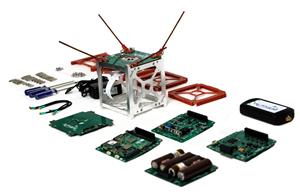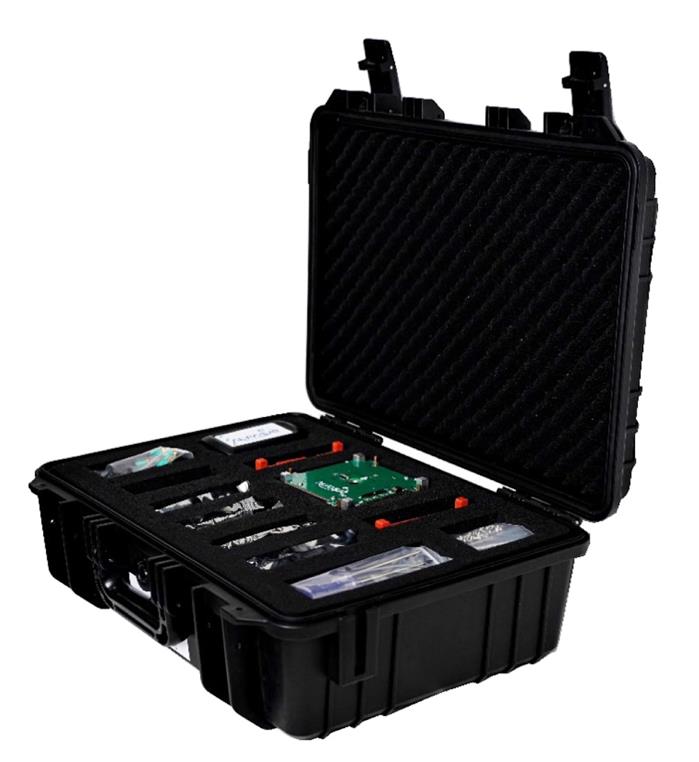- Main page
- News
Small artificial earth satellites
2/25/2022
Today, the field of small spacecraft of the CubeSat standard is developing at a rapid pace. Their popularity is explained by practicality, ease of execution, speed of implementation, low cost and other advantages. Because of this, many universities and non-governmental companies in the world have been able to launch their own spacecraft. They are used in many areas of human activity, such as scientific research, education, agriculture, land surveying, cartography, etc.
KazNU, named after Al-Farabi, which is the first university in Kazakhstan and Central Asia to successfully launch its own nanosatellite into the Earth's orbit, does not stand aside. The next goal is the development of this technology throughout Kazakhstan.

Alfasat is a project to create a designer of small artificial earth satellites on the basis of Al-Farabi Kazakh National University. Work on it has been underway since 2019 in priority areas - information, communication and space technologies. The authors of the project are Temirbaev A.A., Uzbekov N.Sh., Meyrambekuly N., Orynbasar S.O., Tuebaev O.K. An innovative product, which is a set of components that visually gives students a systematic understanding of the processes of design, assembly, testing and operation of spacecraft.
The skills gained during the development and launch of the first Kazakh nanosatellites AL-FARABI-1 and AL-FARABI-2, developed within the walls of the Kazakh National University named after al-Farabi since 2013 and launched in 2017 and 2018, helped the authors to implement a successful project. After successful launches of nanosatellites, the authors came to the conclusion that the acquired skills should be passed on to the younger generation for the further development of this area in Kazakhstan. It was decided that these skills should be taught from school, like laboratory work in space robotics. The task was to reduce the cost and simplify the technology for better mastering of knowledge by schoolchildren, while maintaining the basic requirements of the CubeSat standard. As a result, all the main technological characteristics and capabilities are preserved. The kit includes all the main subsystems, components and tools for assembling the nanosatellite. All work on the assembly and manufacture of constructors is carried out on the basis of the university. Prepared laboratory work in three languages. To maintain the interest of the student, the set includes the possibility of launching a nanosatellite assembled in the laboratory into the stratosphere using a helium balloon.
In the course of development, two copyright certificates of the Republic of Kazakhstan were obtained under the names “Communication protocol - AlfaSat” (cert. No. 20193 dated September 9, 2021) and “Program for ground station - AlfaGround” (cert. No. 20356 dated September 21, 2021). Currently, the ALFASAT constructor is available for sale in the Kazakhstan market and the first schools have already received their kits. It also has prospects for entering the markets of the CIS countries. The results of this project were noted by the Science Foundation JSC under the Ministry of Education and Science of the Republic of Kazakhstan and the SABI Foundation. Also at the international level, the project was evaluated by the UNICEF fund, which finances the UniSat educational program, where more than 1000 young people from Kazakhstan, Uzbekistan and Kyrgyzstan are trained on the basis of this constructor.
Nursultan MEYRAMBEKULY,
Junior Research Fellow, Engineering Cluster
and high technology KazNU named after Al-Farabi

